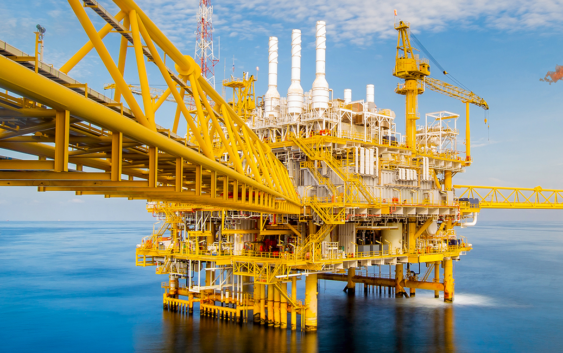- <strong>What To Expect When Choosing Cash For Any Car Services</strong>
- <strong>How Veneers Improve Confidence And Appearance</strong>
- <strong>Benefits Of Working With Experienced Architectural Metal Suppliers</strong>
- DIY Vs. Pro Custom Metal Fabrication - Which Wins?
- <strong>Tips To Find The Best Curly Hair Salon</strong>
Training and Preparedness for Security Teams in High-Risk Oil and Gas Environments

Oil and gas sites are often located in areas that are remote, unstable, or both. These sites can face problems such as theft, sabotage, protests, or even armed attacks. That’s why strong training is key for security teams working in these places. Oil and gas security involves knowing how to handle real threats while keeping people and property safe.
Understanding the Environment
Before stepping onto the site, security staff need to learn about the area. This includes knowing the layout, understanding nearby risks, and being aware of local issues that may affect safety. Some oil and gas projects are located in places with poor roads, harsh weather, or political tension, which can make access and response more difficult.
Core Safety and Security Skills
Training for these teams often includes both physical and mental skills. They learn how to patrol, respond to alarms, control access points, and search vehicles or equipment. Guards also need to know how to stay alert during long shifts and recognize signs of trouble early, whether it’s a fire risk, suspicious person, or equipment tampering.
Emergency Response and First Aid
When trouble happens, quick action can stop it from getting worse. Security teams in oil and gas areas should be trained in first aid, fire response, and how to help during accidents. These sites often involve heavy machines, chemicals, and flammable materials, which means the smallest mistake can lead to big problems.
Handling Conflict and Crowd Control
At times, oil and gas projects may face protests or disagreements with local groups. Security teams are taught how to handle these situations calmly and without causing more tension. They learn how to speak clearly, stay in control, and follow company rules while avoiding unnecessary force.
Working with Local Forces and Teams
In high-risk areas, security staff may need to work with local police, military, or community groups. Good communication and teamwork help create a safer environment for everyone on site. Training often includes how to share information, follow local rules, and stay professional in every situation.
Being well-trained isn’t just for day one. Security teams in oil and gas environments need regular practice, updates on new threats, and time to review past incidents. This ongoing preparation helps them stay sharp and ready to act, no matter what the day brings.